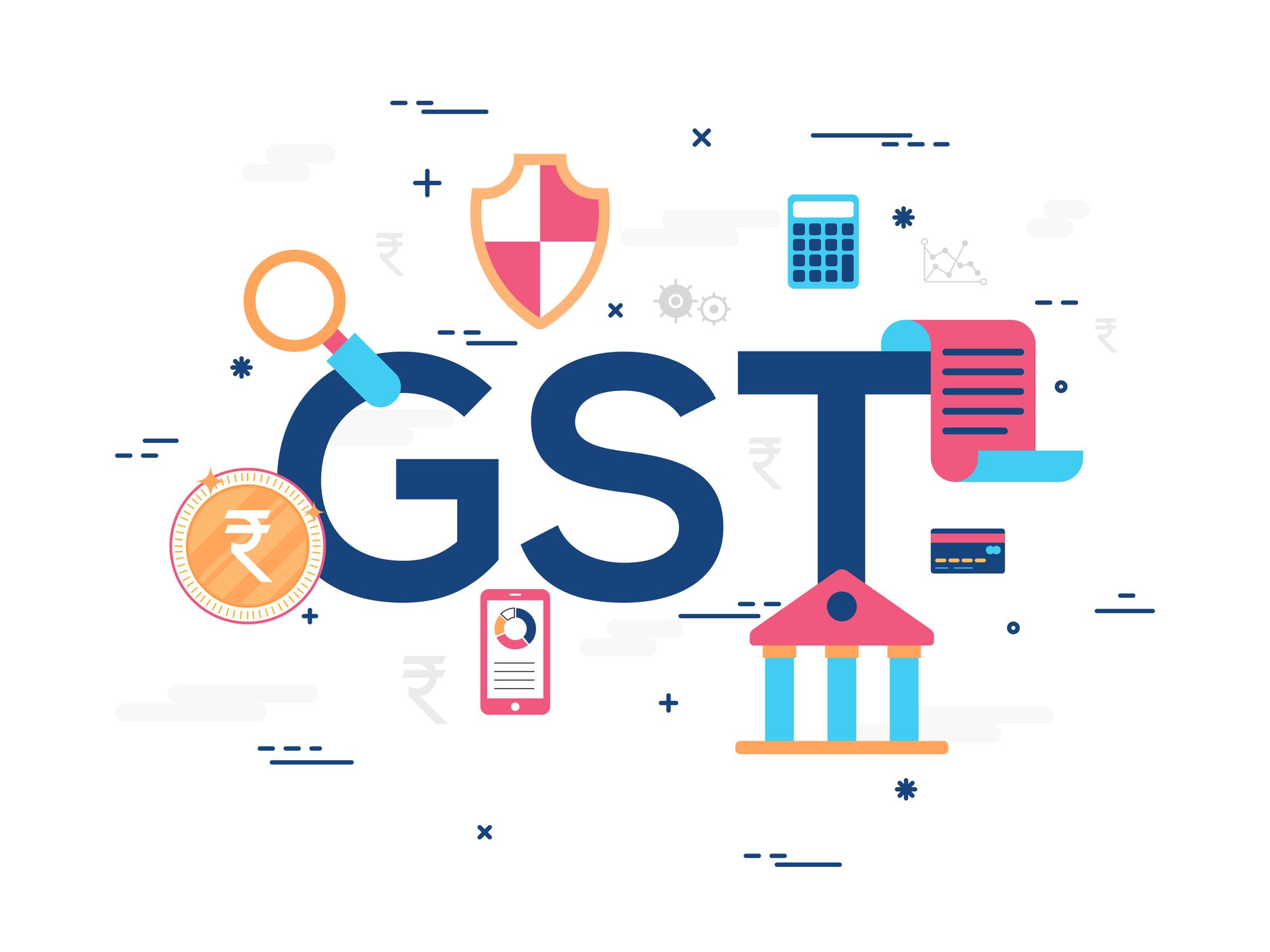Cost effective Alternatives for the Best GST Registration Services in Singapore
Cost effective Alternatives for the Best GST Registration Services in Singapore
Blog Article
Throughout: The Ultimate Roadmap to GST Registration for Services Looking For Financial Security
Browsing the intricacies of Item and Solutions Tax Obligation (GST) registration is a crucial step for businesses striving for economic security. Damaging down the roadmap into manageable steps can improve the registration journey for companies looking to improve their financial standing.
Recognizing GST Essentials
Diving into the essential concepts of Goods and Solutions Tax Obligation (GST) is important for obtaining an extensive understanding of its ramifications on services and the economic situation. Input Tax Obligation Credit (ITC) is a considerable function of GST, permitting companies to assert credit scores for tax obligations paid on inputs, lowering the total tax worry. Recognizing the basics of GST is essential for services to abide with tax obligation regulations, handle their finances effectively, and contribute to the country's economic growth by participating in a clear tax obligation system.
Eligibility Requirements for Registration
To register for GST, services have to satisfy specific qualification requirements established by the federal government. The key qualification demand is that any type of company included in the supply of goods or solutions with a yearly accumulation turn over above the threshold limit established by the authorities need to sign up for GST. As of the existing guidelines, the threshold limitation for GST registration is an annual accumulation turn over of 40 lakhs for organizations running within a state, with the exception of unique group states where the restriction is 20 lakhs. Furthermore, particular companies are required to register for GST regardless of their turnover, such as interstate providers, casual taxable individuals, and companies reliant pay tax obligation under the reverse fee mechanism. It is crucial for organizations to thoroughly assess their turn over and deal kinds to determine their GST enrollment commitments properly. Failing to register for GST when eligible can lead to fines and legal effects, making it important for companies to comply with the defined eligibility criteria.
Documents Required for Registration
Having actually satisfied the eligibility requirements for GST registration, services have to currently ensure they have the requisite records in location to proceed with the registration process successfully. The records required for GST enrollment normally include evidence of organization constitution, such as partnership act, registration certification, or unification certification for various types of organizations. Furthermore, companies require to offer records developing the major location of organization, such as a rental contract or power costs.
Step-by-Step Enrollment Process
Starting the GST enrollment process entails a series of structured actions their explanation to ensure a certified and seamless registration for organizations. The primary step is to see the GST portal and fill in the enrollment kind with accurate details of the service entity. Following this, the candidate obtains a Momentary Reference Number (TRN) which is utilized to return to the application process if it's not completed in one go.
Next, all needed papers according to the list provided by the GST portal need to be uploaded. These documents commonly include proof of business address, enrollment and identification evidence of marketers, monetary statements, and company entity's frying pan card.

Post-Registration Conformity Guidelines

Final Thought
In final thought, companies looking for economic stability has to recognize the basics of GST, satisfy qualification requirements, gather necessary files, adhere to the step-by-step enrollment process, and abide by post-registration standards - Best GST registration services in Singapore. By sticking to these steps, services can make sure compliance with tax policies and preserve economic security over time
In addition, specific services are called for to sign up for GST irrespective of their turn over, his explanation such as interstate vendors, casual taxable individuals, and services accountable to pay tax obligation under the reverse cost system.Having actually satisfied the qualification requirements for GST registration, services should currently ensure they have the requisite documents in area to proceed with the enrollment process successfully. The papers required for GST enrollment normally include proof of company constitution, such as collaboration action, registration certificate, or unification certificate for different kinds of organizations. Furthermore, businesses need to give files developing the primary area of company, such as a rental arrangement or electrical power expense.Starting the GST registration process involves a collection of organized steps to make sure a smooth and compliant enrollment for services.
Report this page